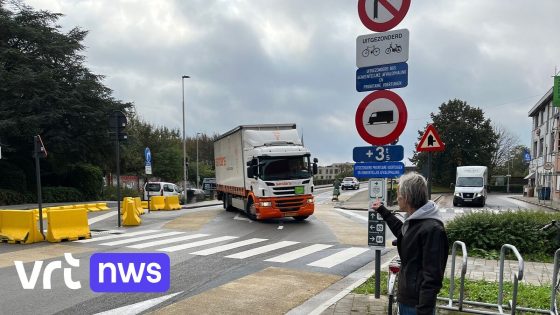On 2025-07-02 19:55:00, the Raad van State ruled that Lime must remove its scooters and bikes from Brussels. This decision directly impacts shared mobility investments in the Belgian capital, where three operators—Bolt, Dott, and Voi—were officially selected by the Brussels government in 2023. These companies welcomed the ruling, highlighting their compliance with regional regulations.
- Raad van State verplicht Lime stappen te verwijderen
- Bolt, Dott en Voi prijzen vonnis
- Geselecteerde aanbieders investeren in technologie en veiligheid
- Minister Van den Brandt ondersteunt regelgeving en dropzones
- Niet-vergunde aanbieders veroorzaken financiële oneerlijkheid
- Sector vraagt om strenger en duidelijker kader
Why is this ruling significant for Brussels residents? The three authorised providers have invested heavily in new technologies, improved parking solutions, and enhanced safety measures. Meanwhile, Lime continued to operate without a valid permit, creating an uneven playing field. The question remains: how will this decision affect the future of urban mobility in Brussels?
Minister Van den Brandt also praised the decision, noting that uncontrolled scooters cluttering sidewalks hindered pedestrians and people with disabilities. The government introduced drop zones and limited providers to improve safety and comfort for all road users. So, what comes next for shared mobility in Brussels?
This ruling raises important questions about fairness and urban safety. How can Brussels ensure a balanced market that benefits both users and providers? The decision also signals a stronger regulatory framework to manage public space effectively. Key points include:
- Authorised operators have complied with regional rules and invested in infrastructure and safety.
- Unlicensed providers disrupt market fairness and public order.
- Government measures such as drop zones aim to protect pedestrians and vulnerable groups.
- The sector itself supports clearer regulations for sustainable growth.
Looking ahead, Brussels must continue refining its regulatory framework to balance innovation with safety. Will other cities in Belgium adopt similar measures? For residents and providers alike, staying informed and engaged will be crucial as shared mobility evolves in the capital.
































